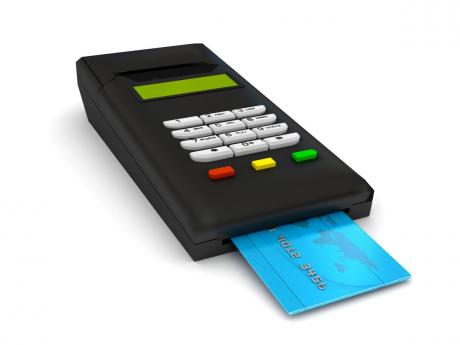Oran Hall | Credit cards and credit scores
ADVISORY COLUMN: PERSONAL FINANCIAL ADVISER
QUESTION: Do we need a credit card to build credit score? Someone at the bank told me it is mandatory. – Michelle
FINANCIAL ADVISER: Financial A credit bureau is an independent agency that compiles and stores data on the borrowing and payment history of consumers to assess their creditworthiness, which is expressed as a numeric or alphabetic credit score, the higher the better, used primarily by potential lenders with the accompanying credit report in deciding to extend credit, and on what terms.
The Credit Reporting Act 2010 provides for a credit bureau to receive the following credit information on consumers from prescribed credit information providers: the amount and nature of loans or advances or other credit facilities; the nature of security taken in respect of credit facilities, including lease financing and hire-purchase arrangements; information as to financial means, creditworthiness, or history of financial transactions, including antecedents and adverse court judgments, and the nature of any guarantee or other non-fund-based facility, and analysis of the above, including any conclusions as to creditworthiness.
It includes the following as credit information providers: commercial banks, near banks, building societies, securities dealers, the Development Bank of Jamaica, insurance companies, the National Housing Trust, persons in the business of selling goods under hire-purchase arrangements, credit bureaux, persons who publish information on suits and judgments for debt claims, and entities exempt from the Money Lending Act.
The legislation allows for disclosure of credit information to another entity inside or outside of Jamaica, and for disclosure by any entity outside of Jamaica of credit information relating to any transaction that takes place, in whole or in part, in Jamaica. Credit information providers are required to provide only information that is reliable, cannot share information that is more than seven years old, are prohibited from receiving information from unapproved sources, and from disclosing information they know to be misleading or false.
Seven-year credit history
A credit report is a summary of your credit-related experience that has been submitted to the credit bureaux by the entities authorised to do so. It includes public records and credit inquiries. Public records include bankruptcies, court records, tax liens, and monetary suits and judgments. Credit inquiries include requests made by lenders to see your credit report. The information submitted to the bureaux remains on your credit report for seven years.
Your credit score is a numerical score derived by converting the quantitative data from the historical credit information on a credit report. It is an analysis of your credit history. Your credit score and credit history make a loud statement about your credit worthiness.
Your credit score changes when your credit report changes. The report changes when new information is added to it. Such information may be debt repayment, new debt, debt retirement, and the removal of information after seven years.
Credit information providers, such as financial institutions, are required to supply monthly updates on their customers to the credit bureaux, so any improvement in your credit record will be reflected in the reports. It is important to maintain your creditworthiness for a very long time because it has a strong bearing on your ability to borrow and, ultimately, the interest rate you are able to borrow at.
Considering that information provided by credit bureaux can be used to facilitate loans and other credit facilities, to facilitate financial and commercial transactions, to make underwriting decisions in insurance, and to make employment decisions, it is important to establish and maintain a good credit rating and to move with dispatch to repair it when it has been damaged.
To be better able to monitor your credit score, you can request a copy of your report each calendar year at no cost, and additional reports at a charge of $1,000 plus GCT, or $1,500 plus GCT for each additional report, depending on the credit bureau from which you request it.
Additionally, do the following to help maintain or improve your score: check your accounts for errors, sort out any errors on your account, set up payment reminders, open new credit accounts responsibly, avoid closing out old credit card accounts, if possible, as the long credit history they carry can be helpful to your score if they have been serviced well.
Having a credit card can help greatly in building a credit score if it is used responsibly. Use it for convenience, not to incur expensive debt. Therefore, pay in full and on time. If you are not able to do so, liquidate the unpaid portion with Bolt-like speed. There are several ways by which you can build a credit score. You do not need a credit card to do so.
Oran A. Hall, principal author of The Handbook of Personal Financial Planning, offers personal financial planning advice and counsel.

